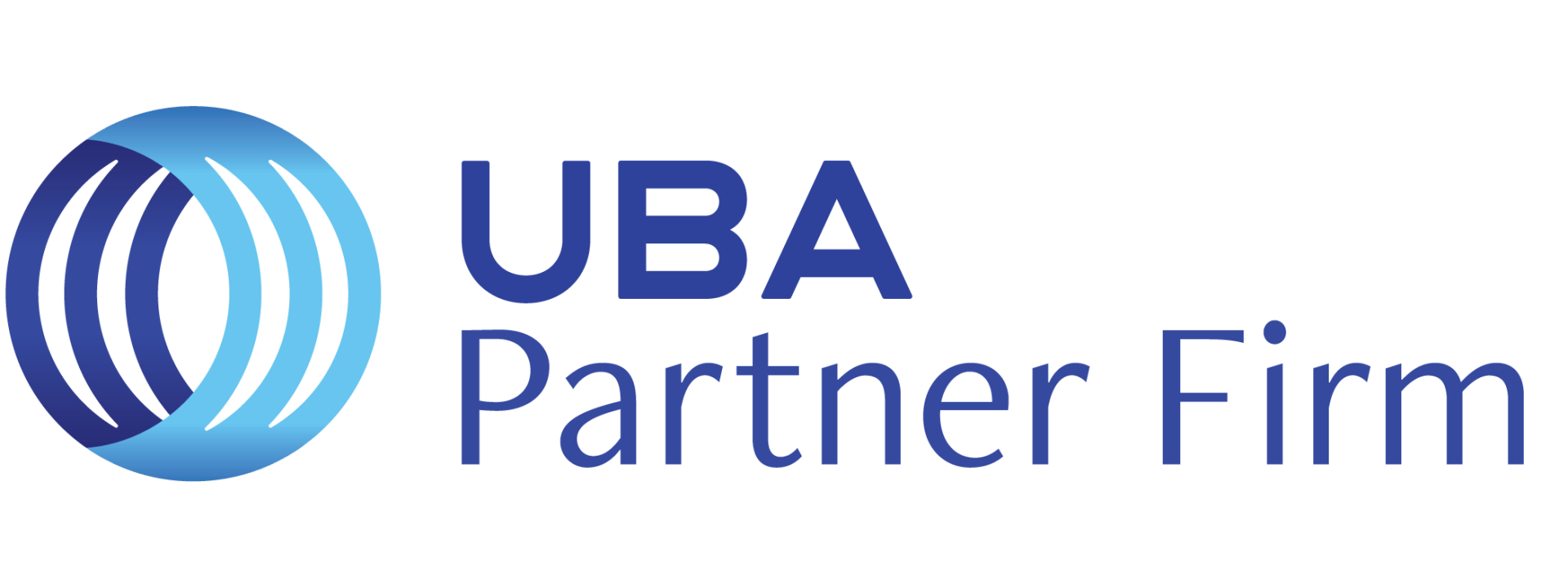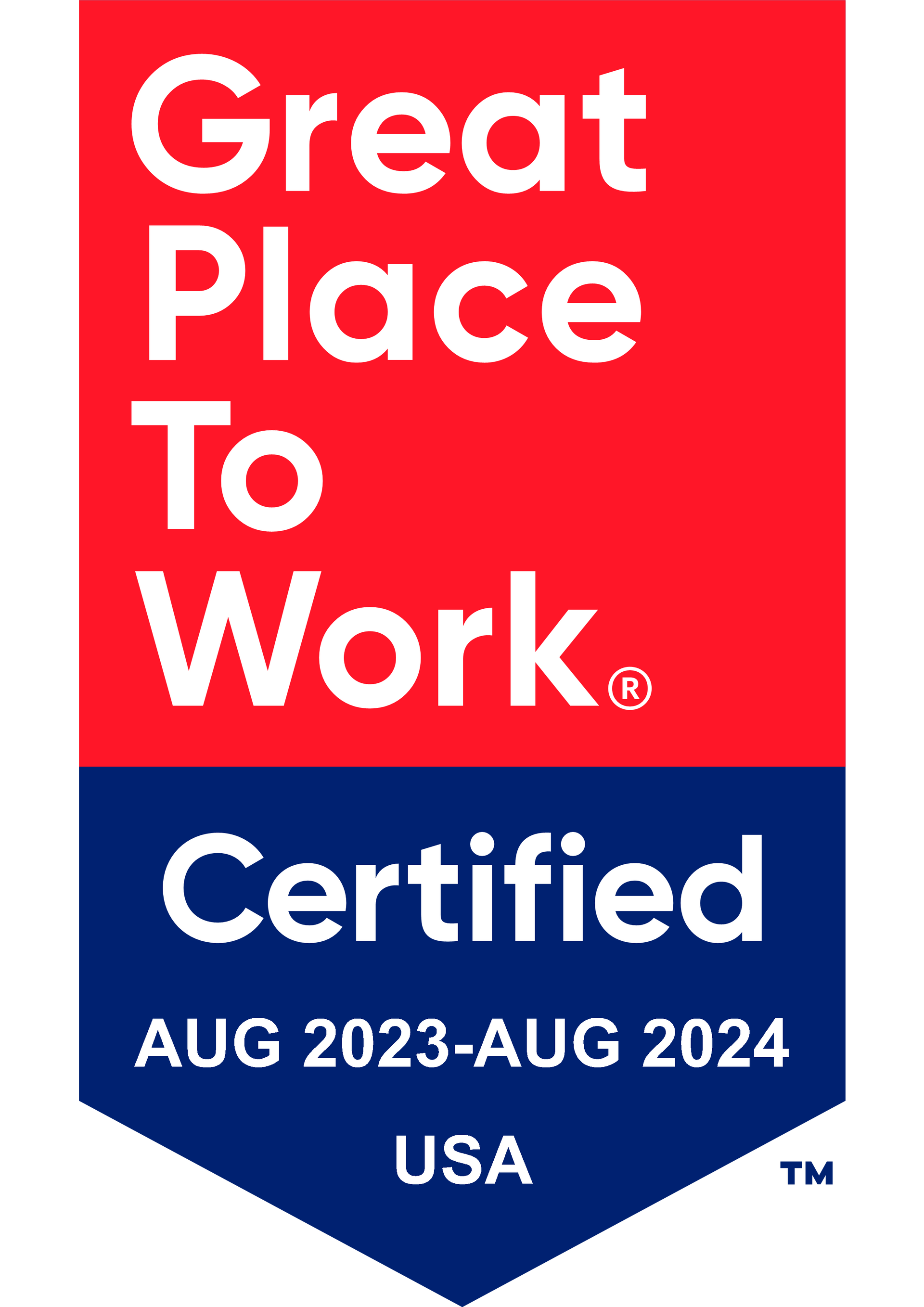Get in touch
408-366-8880
mymail@mailservice.com
sPEAK WITH A BENEFITS EXPERT.
*OUR CLIENTS SAVE AN AVERAGE OF 30-40% ON THEIR EMPLOYEE BENEFITS PACKAGES. RESULTS AREN'T GUARANTEED, BUT THIS IS OUR #1 GOAL.

THE KBI DIFFERENCE
Our employee benefit service professionals solve problems that exist within your health benefits program and ensure every dollar invested creates the outcomes you need for achieving greater business success.
We improve the ROI on your program, which directly impacts your ability to improve recruiting, retention, and productivity.
To explore our employee benefit services, book a call with a KBI Benefits Expert today!

Our Services

Benefits Consulting
Our employee benefit services team collects tangible and specific input from you and then design a program that best delivers on those priorities.

Compliance
Diligent execution of all reporting and filing tasks for an ever challenging compliance minefield.

Human Resources
Our business HR consulting and compliance experts become an extension of your HR team and provide day-to-day resolution of all claims/admin issues.

Technology
Complete digitization of your program as well as guidance on payroll/HRIS/PEO platform replacements.
Benefits of
working with KBI
INSURANCE OUTCOMES Delivered
Executional excellence turns promises into outcomes. Within a framework defined by your unique needs and goals, we deliver outcomes that are essential to your success.
Leveraging everything
We utilize a timely and proactive process to ensure you can take advantage of new opportunities and avoid new dangers as they arise. We call this Leveraging Everything™.
KBI's guidance & Insight
As the pace of change accelerates, asking, “What’s new?” is not enough. We’re asking, “What’s important?" and publishing our thoughts here.


As a UBA partner, KBI is part of the nation’s leading organization of independent benefit advisors.
Want to Learn More?
SET UP A MEETING WITH US TODAY!
Want to Learn More?
SET UP A MEETING WITH US TODAY!

Customer Testimonials

"KBI has been our Broker of Record for years and always continue to offer more and more services. They are creative in their plan designs and are a true strategic partner to us in offering the best employee benefits to our staff. We have the utmost confidence in KBI and look forward to a long professional relationship."
KRISTY JORDAN, TAYLOR DESIGN
Button
"I have never worked with a more hands on, knowledgeable and client-focused benefits firm. KBI is the best benefits company I've had the pleasure of partnering with, and their service is stellar! They are advocates for our team members, are thorough with their research and service, and always provide much appreciated guidance and solutions for our team members and the business. I am so grateful for them, especially Vice President, Alane Mohn. Best in class!"
MUY YAM, TORANI
Button
"KBI has gone above and beyond what I could ever expect from a broker. I did a LOT of research before making the switch to KBI, and I am so happy I chose them. Mary Ann and Chris and the whole team, have exceeded my expectations in every arena. They are knowledgable, hands on, and have helped me in my function as HR immensely. Aside from all the help they have given me, and the fact that they are now what I consider an extension of my one man HR team, they also are genuinely good people and incredibly down to earth.
GAYLE HANSON, HANSEI SOLUTIONS
Button
"I have worked with KBI for over 26 years. Alane and her team are wonderful to work with and very professional. Their expertise in compliance, negotiating the right plans and rates for our employees and helping to resolve issues is fabulous. Alane goes above and beyond in everything she does and makes my job a whole lot easier!!"
DIANE KNOLL, WESTERN PRECOOLING
Button
"I appreciate the great partnership we have with KBI Benefits. They are an extension of our Human Resources Team. KBI Benefits has been our benefits broker for more than 10 years and they continue to bring us creative solutions and services that meets the needs of our employees."
ANNETTE PHILLIPS, HARRIS
Button
"We are so fortunate to have KBI as our Benefits Broker and partner! Highly professional and knowledgeable, they pair this with a warmth and responsiveness that takes client service and care to a different level.
CATRIONA WILEY, TORANI
Button
KBI has delivered on their plan to lower our benefits expense. They made me a believer.
TIM KINGSBURY, C3NANO
Button
Latest Insights




Home | Contact Form
Thank you for contacting us, we'll be in touch shortly!
Please try again later.
Reach OUT
We believe the relationship between employer and employee has tremendous untapped potential. We are here to help our clients unleash that potential.
We would love to help, contact a team member today!

Services
Latest Thinking



